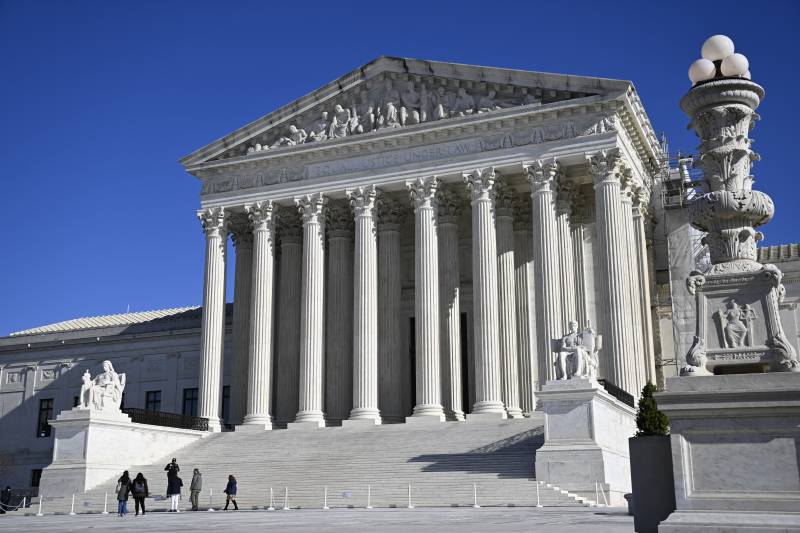Can the federal government have a favorite when it comes to states? The Supreme Court said on Friday that it would hear a case that tests that assertion in the context of a state that imposes tougher clean air standards than the federal government.
In this case, the so-called “golden child” is California. Under a provision of the Clean Air Act that was enacted in 1967, California was explicitly allowed to set its own motor vehicle emissions standards because of the unique pollution problem in the state. The problems were unique in both character and intensity because the state then, as now, had more motor vehicles than any other state in the country, and California had already enacted new air pollution standards that were actually tougher than the ones in the federal law.
With auto manufacturers complaining that they couldn’t deal with 50 different state standards, the congressional compromise was to allow California’s existing and stricter standards to remain in place, and to require other states to either abide by federal air quality standards, or if they wished, to adopt air quality standards that would be “identical” to the existing California standards.
